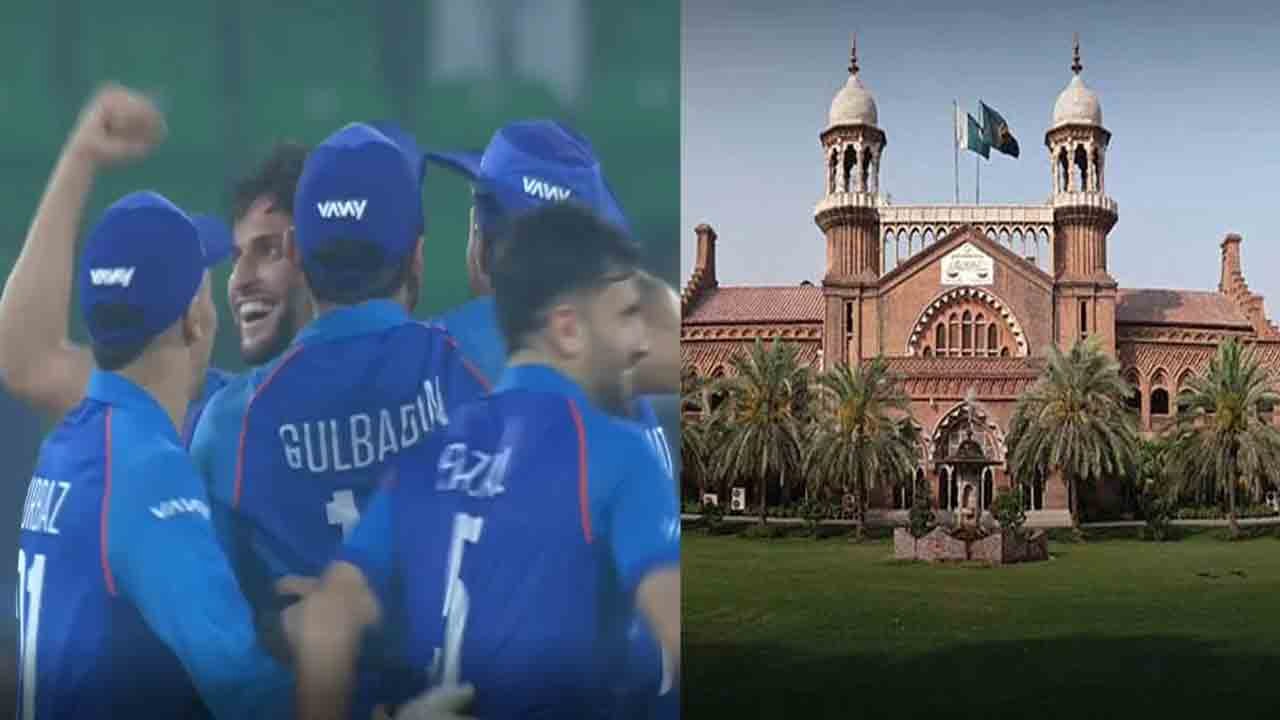The Lahore High Court (LHC) has intensified its efforts to combat smog, environmental pollution, and traffic congestion in the city. During a recent hearing on multiple petitions, the court sought a detailed report on the implementation of its previous orders.
Meanwhile, the Supreme Court of Pakistan has also directed authorities to expedite the provision of health allowances to traffic wardens and take necessary steps to improve their service structure.
Key Court Orders to Tackle Smog and Pollution
The LHC has been actively working to address Lahore’s worsening air quality, which has reached hazardous levels in recent months. To counter this crisis, the court has:
- Asked for a progress report on the implementation of previous environmental orders.
- Reviewed initiatives taken to control industrial emissions, vehicle pollution, and burning of crop residue.
- Monitored afforestation efforts, with the Parks and Horticulture Authority (PHA) presenting a tree plantation progress report.
PHA’s Plan to Green Lahore
During the hearing, the PHA submitted a report stating that:
- 350,000 trees have already been planted in Lahore.
- An additional 350,000 trees will be planted in upcoming months.
The tree plantation drive is expected to significantly reduce air pollution, control smog, and enhance the city’s green cover.
Traffic Wardens to Get Health Allowance & Improved Service Structure
In a separate directive, the Supreme Court ordered authorities to:
- Speed up the provision of health allowances for traffic wardens.
- Establish a proper service structure to improve their working conditions.
This decision comes amid growing concerns about traffic wardens’ exposure to air pollution and long working hours. The move is expected to provide financial relief and better career opportunities for them.
Traffic Congestion & Parking Solutions
The court also focused on resolving traffic jams and parking issues in Lahore. The following key directives were issued:
- Plan to Address Traffic Jams: Authorities must submit a report outlining how they plan to reduce congestion at 18 key locations in the city.
- Underground Sewage System: The Water and Sanitation Agency (WASA) has been ordered to improve the drainage system by shifting sewage drains underground.
- Public-Private Parking Projects: The Supreme Court directed the construction of parking stands under public-private partnership models to resolve Lahore’s parking crisis.
Why These Measures Are Crucial for Lahore
Lahore has been struggling with severe environmental challenges, including:
- Smog caused by industrial emissions, vehicular pollution, and crop burning.
- Traffic congestion due to rapid urbanization and poor infrastructure.
- Insufficient green spaces, leading to rising pollution levels.
The court’s recent actions aim to tackle these challenges head-on and ensure a cleaner and healthier environment for Lahore’s residents.
What’s Next? Future Hearings & Implementation Reports
The LHC has asked authorities to present a comprehensive report in the next hearing to evaluate the progress on:
- Smog control measures and environmental protection efforts.
- Traffic management solutions for key congested areas.
- Implementation of health benefits and service structure reforms for traffic wardens.
A Step Towards a Smarter & Greener Lahore
The Lahore High Court’s recent directives mark a significant step in addressing Lahore’s environmental and urban issues. If effectively implemented, these measures could:
Improve air quality and reduce smog.
Enhance traffic flow and reduce congestion.
Strengthen infrastructure through better parking and drainage systems.
Ensure better working conditions for traffic wardens.
With the court actively monitoring the progress, residents of Lahore can hope for a greener, cleaner, and more organized city in the near future.



